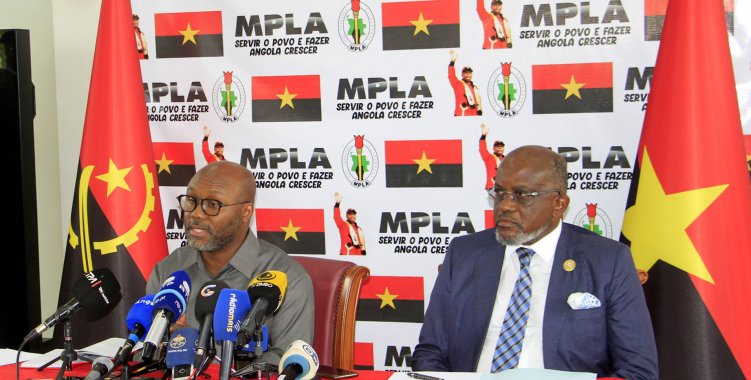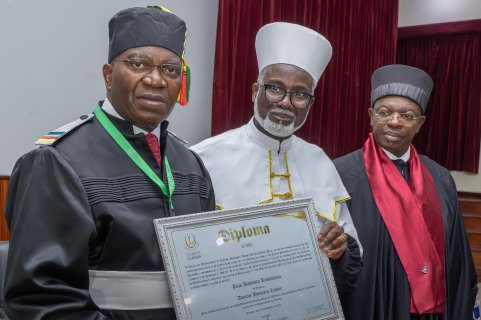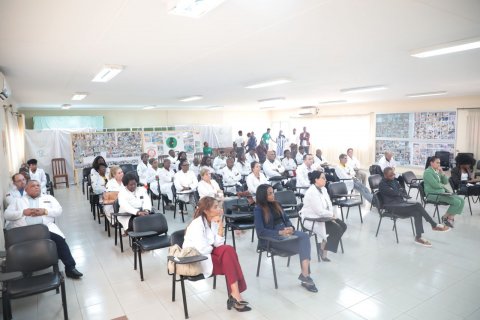At a press conference in Luanda, the spokesperson and member of the Political Bureau of the party in power in the country since 1975, Esteves Hilário, considered that the executive must continue negotiations with the trade unions, highlighting that 80 percent of the proposals in the notebook claim have already been met.
"There is very little left to negotiate, there are concrete proposals on the table and we believe that, prevailing the common sense that has been applied so far, we will not reach the implementation of the strike declaration (...) we have faith that we will reach an agreement between the executive and the union federations, this is the party's orientation", he declared.
The last meeting between the executive and unions, last Wednesday, ended without an agreement, but with new government proposals for salary increases depending on the size of the company, namely 48,000 kwanzas for small companies, 70,000 kwanzas for medium-sized companies and 96,000 kwanzas for large companies.
The trade unions began by demanding an increase in the minimum wage from the current 32,000 kwanzas, to 245,000 kwanzas, a proposal that was "flexible" in the meantime to 100,000 kwanzas.
"When proposals are made for a steep increase in the minimum wage, we have to be aware that the minimum wage poses major problems not only to companies, but also to families who would then not be able to find the resources to make payments to their domestic employees", said the leader of the Popular Movement for the Liberation of Angola (MPLA), warning of the risks of unemployment.
He highlighted that the MPLA stands in solidarity with the workers and "understands the country's difficulties", rejecting, however, the application of a salary scale that causes the State to become insolvent and places families "in a situation where they would have to massively unemploy people".
He therefore defended the proposal to split the salary increase over the five-year period of the current term with increases of 25 percent per year.
"The negotiations are not closed and are being conducted on this basis, so we are still confident in an agreement so as not to reach a strike (...) the most important thing is that the doors to negotiations are not closed, even if an agreement is not reached at this time", urged the deputy and jurist, stressing that the increases must adapt to the country's economic reality.
"We are aware that the current remuneration of workers is not adequate for basic needs, but we are also aware that if we make increases outside the capacity of the National Treasury we would have even bigger problems than we have today, this is the great dilemma we have to face deal," he noted.
For Esteves Hilário, "it is possible to find compromises", which is why the executive came forward with the proposal to divide salaries, in order to meet the demands of the unions, with a salary increase of 25 percent per year, from 2024 to 2027.
In a statement about the strike, the MPLA also highlighted that strike is an "essential right for workers and for the construction of a democratic state based on the rule of law", encouraging dialogue as a way of resolving divergent points in the list of demands and fulfilling the minimum services, if and while the strike continues.
For the MPLA, this "challenging moment could be a sovereign opportunity to strengthen ties between the executive and the trade unions".







